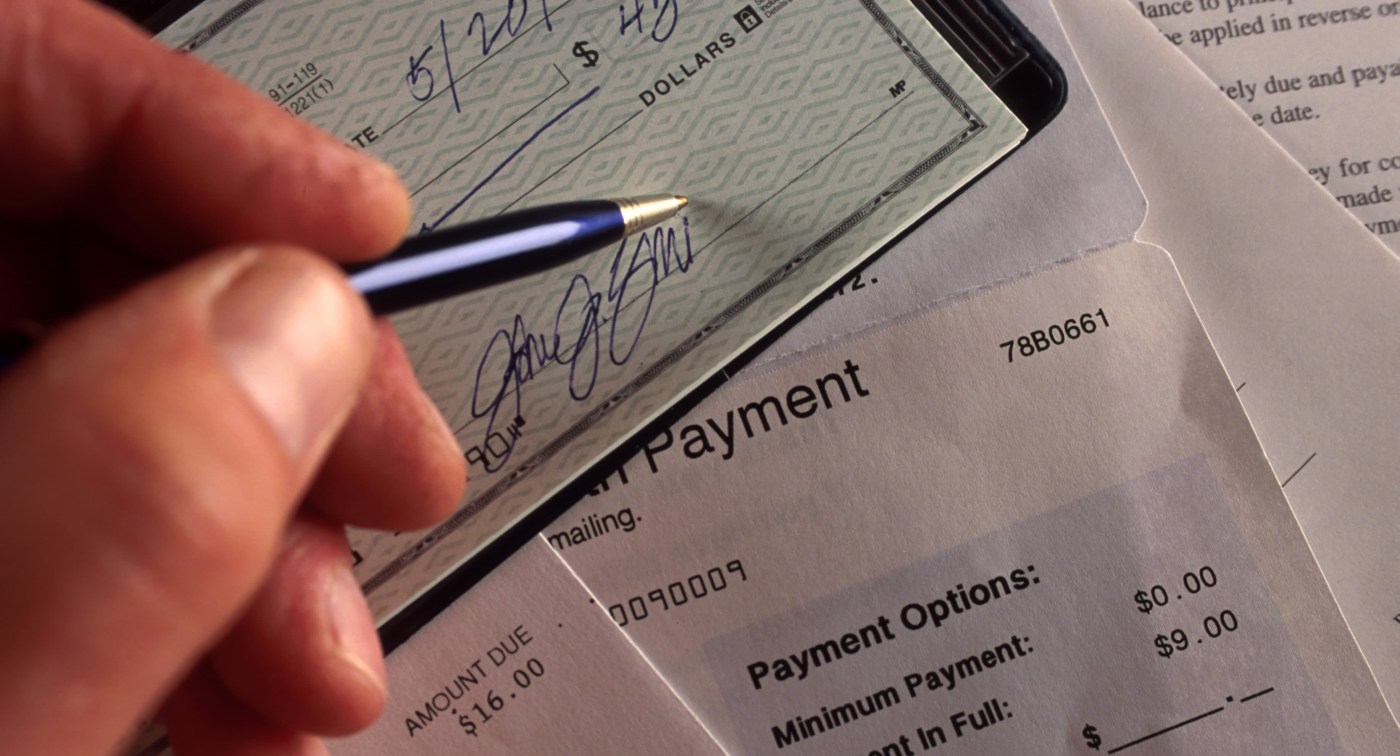VA offers a wide range of services to support Veterans including financial assistance options to pay copayments associated with VA health care. Veterans are responsible for those copayments and if not paid in a timely manner will be referred to the Department of Treasury for collection. However, if at any time Veterans are unable to make their copayments, VA can help with arrangements to include repayment plans and other debt relief options such as a compromise or waiver.
VA will also consider temporary or permanent eligibility changes to accommodate a Veteran’s financial situation. Veterans are encouraged to contact VA directly to make payment arrangements within 120 days from the date the charge is applied to the account.
VA’s current billing process provides Veterans with three monthly billing statements in an attempt to collect copayments. If a Veteran receives VA benefit payments, VA may use these benefit payments to collect any unpaid delinquent copayment debt. If a Veteran does not have any VA benefit payments, the debt is referred to the Department of the Treasury Debt Management Service at 120 days for collection action. At this point, Treasury will issue an official notification letter to Veterans to make payment arrangements and if arrangements are not made, Treasury will begin collection actions.
These collection actions could include any eligible Federal payments including income tax refunds, Social Security benefits, retirement pay, and certain other Federal or State payments. Treasury can also collect the debt from civilian salaries through administrative wage garnishment or they can collect the debt through private collection agencies. Once a debt is referred to Treasury, VA can no longer accept payments for that debt.
VA will work with Veterans to manage their financial responsibilities and assist in making arrangements to avoid collection actions; however, Veterans must contact VA to request assistance. Veterans who have questions about their copayment obligations are encouraged to contact the Facility Revenue Office at their local medical center, or call the Health Resource Center’s toll-free number listed at the top of their monthly billing statement.
As always, Veterans have the right to dispute a debt and will continue to receive healthcare services from VA regardless of their ability to pay assessed copayment charges.
Susan Reed is responsible for providing leadership and guidance for VHA revenue system processes and outcomes while working in partnership with Veterans Integrated Service Network and VA Medical Center leaders. Ms. Reed is a published author, active member in the American Health Information Management Association and is a registered health information administrator.
Topics in this story
More Stories
Veteran Byron Potier weighed almost 300 pounds and was tired and lethargic. He was the perfect candidate for gastric sleeve surgery.
How much do you know about VA care, benefits and services? Don’t miss out on what you've earned—check out the "2025 VA Federal Benefits Guide for Veterans, Dependents, Survivors, and Caregivers" handbook to learn more.
Feeling stressed? Your breath can help you relax and focus. Take 3 minutes to reset and prioritize your well being for this week's #LiveWholeHealth practice.








Contact a “Patient Advocate” person at your nearest VA Hospital or VA treatment center, it’s their job to help you with those kinds ofatters.
Good Luck my friend……
Why do vets have a darn copay at all is the question.
I am a totally disabled veteran that is charged a copay on my travel every time I go to the VA. I drive over an hour to get to the closest VA in our area. Let’s be honest, gas is not cheap and the travel pay with a copay does not begin to cover what I spend on one trip to a doctor visit. I get $13.75 per visit because of the way the travel is figured, that is after the copay. I try to get as many appointments as I can in one day to hopefully help keep my visits down to a minimum because of the mileage. Is there a way we can go back to not taking a copay out of the travel again?
I was hospitalized in June, 2016 and treated for pneumonia. The hospitalization was at a private medical provider and was on a VA referral. I have received a letter from VA stating that the billing from the private providers is paid in full. Being a 50% disabled veteran I am told that I do not have a co-pay. I have received a call from a collection agency. What should I do?
Mr. Steele,
If you can provide us your contact information to this email address
VHACCCongressionalResponse@va.gov
we will review contact you to begin the process of resolving this issue.